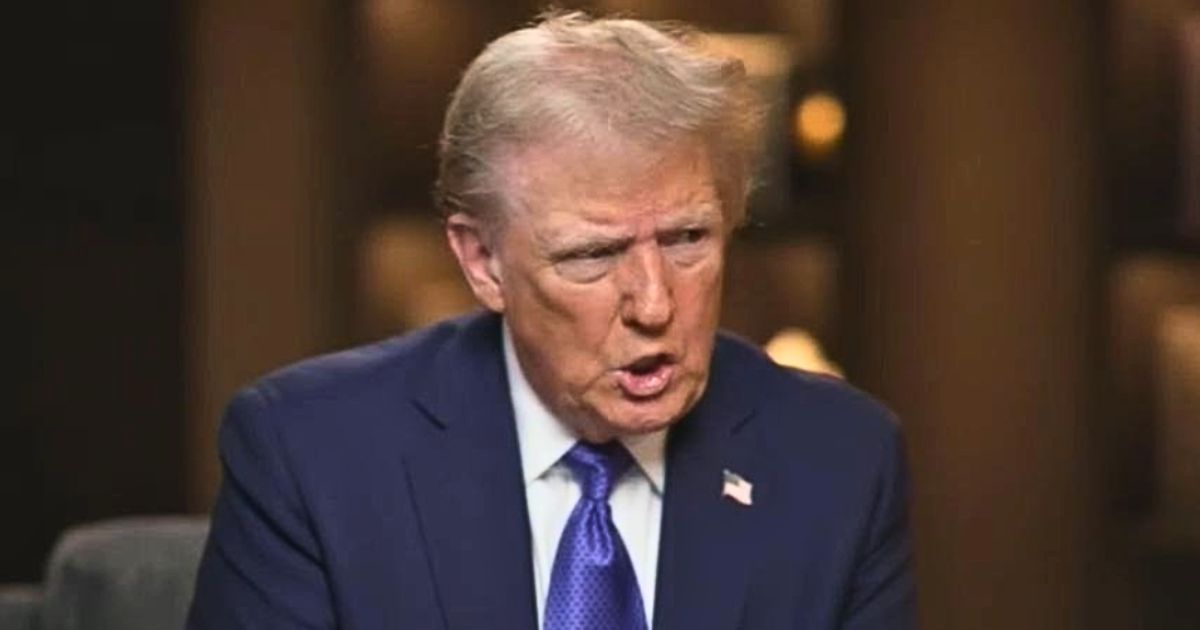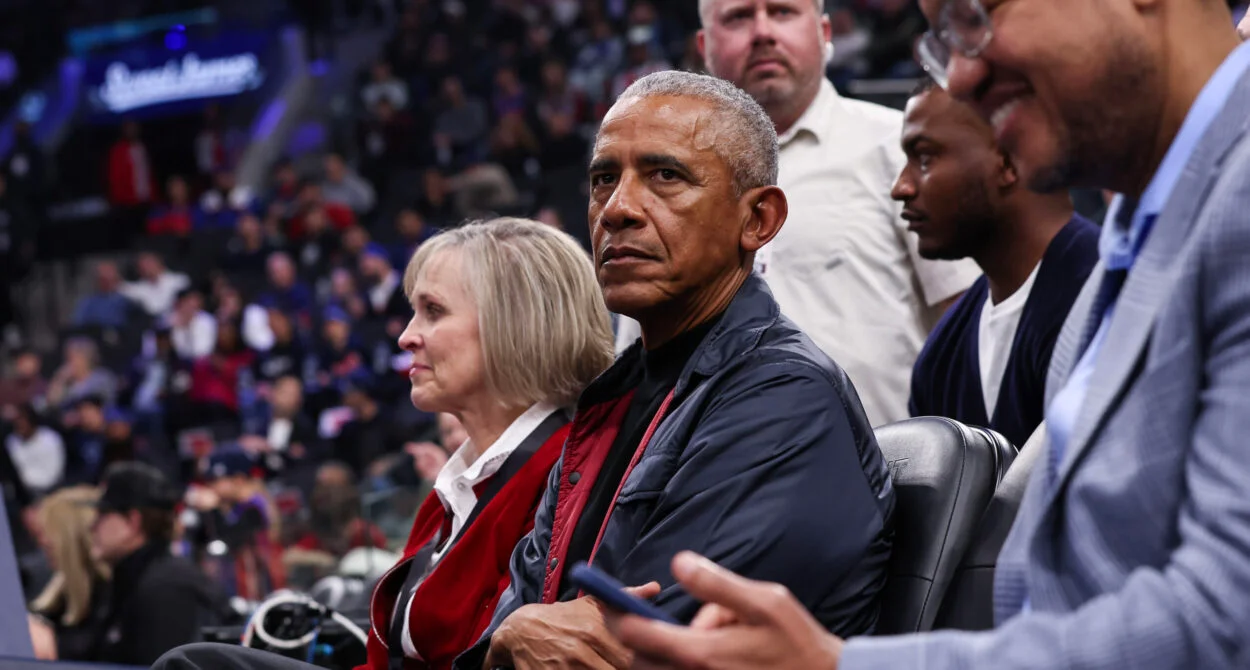Copyright inquisitr

The Trump administration is quietly shifting its tone and preparing Americans for the possibility that the economy may be heading into rough waters. While officials aren’t declaring a recession just yet, their language suggests growing concern inside the White House that a slowdown could be on the horizon. Treasury Secretary Scott Bessent recently acknowledged that “there are sectors of the economy that are in recession,” even as he tried to project confidence about the administration’s long-term policies. His comments reflect a subtle but clear hint at economic turbulence ahead while deflecting blame from the president if things turn south. Economists have also become more cautious as some major banks now peg the chances of a U.S. recession this year at around 40 percent, an increase from earlier estimates. Businesses also remain cautious with hiring freezes spreading and companies delaying big financial decisions until the Trump administration’s policies become clearer. The signs aren’t catastrophic yet, but they’re worrisome. Hassett: “I think that Secretary Bessent wisely said we’re starting to see pockets of the economy that look like they might be in a recession … if we go another month or so, who knows how bad the economy could be this quarter? And we know whose fault it would be.” pic.twitter.com/AtbmZPvhvI — Aaron Rupar (@atrupar) November 7, 2025 Trade and tariff tensions remain at the center of those worries. The administration’s push to impose aggressive new tariffs on multiple trading partners could slow global growth by half a percent next year, according to several analysts. Those same tariffs, coupled with an ongoing government shutdown and spending cuts, have also reduced business confidence and consumer outlooks. At the same time, cracks are showing in key sectors. Federal officials recently confirmed that air traffic controllers have been stretched thin by the shutdown, forcing a ten percent reduction in flights across forty major U.S. markets. That may sound minor, but it ripples through the economy, hurting business travel, hotel bookings, and dealmaking. “If ten percent of business travel isn’t happening, those are deals that aren’t being cut, and hotel rooms that aren’t being filled,” said economist Kevin Hassett, who directs the National Economic Council, adding: “And the multiplier effects of that are really large.” Hassett and Bessent appear to be laying the groundwork for what happens next and who gets blamed if the downturn becomes official. Bessent has pushed the Federal Reserve to cut interest rates, arguing that monetary policy, not White House decisions, is the real driver behind economic strain. Hassett, meanwhile, points to the shutdown, which he and other officials claim is being prolonged by Democrats in Congress. President Trump has leaned into that argument, railing against Democrats while pressing the Senate to go “nuclear” by ending the 60-vote filibuster rule. He’s also tied federal benefits to reopening the government, vowing to hold up food stamp funds until a deal is reached. The result is that the White House is prepping a warning of potential economic trouble while being determined to appear in control. Officials insist the labor market remains strong and consumer spending is solid. Despite this, their tone has changed. Bessent’s talk of “pockets” of recession and Hassett’s warning about ripple effects suggest an administration no longer entirely confident in its economic story. In plain terms, the message is clearly to prepare for turbulence in the economy. The Trump team isn’t ready to sound the full alarm just yet, but they’re bracing the public for a reality that may already be unfolding. And if the downturn does come, they’re making sure Americans know exactly who they think is to blame.



